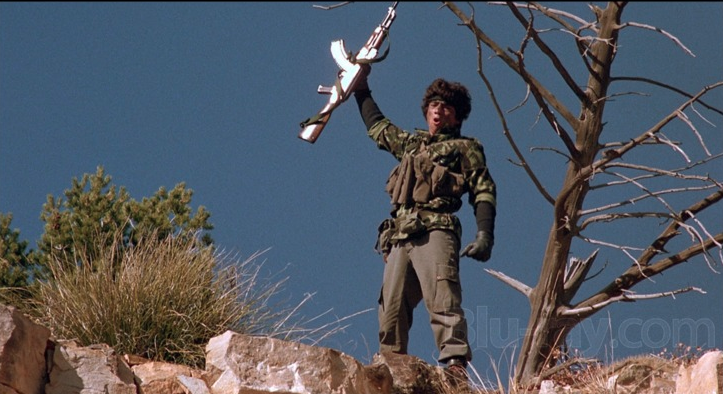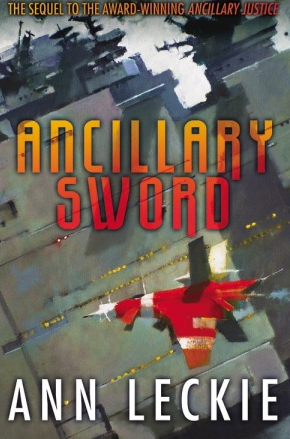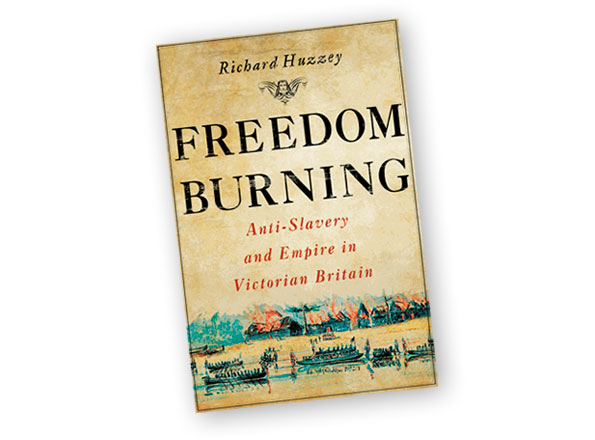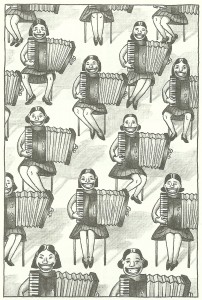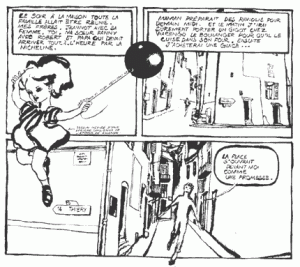I’m not generally inclined to like right wing agitprop. Olympus Has Fallen and London Has Fallen were some of the worst films I’ve ever seen; cheerfully swaggering calls to genocide, unrelieved by either intelligence or any conviction beyond, “blow up those non-white people, yeeha!” Their bland irresponsibility was only rivaled by their cynical opportunism; the first used North Korea rather than China as the villain because the Chinese market means we have to pretend we don’t hate the people from that part of the world; the second deployed Morgan Freeman as vice president to show that non-white people are okay as long as they’re played by perennial comforting side-kick black person Morgan Freeman.
On the surface, Red Dawn, from 1984, is in the same vein as these turkeys. As in Olympus Has Fallen, the U.S. suffers an invasion—not from North Korea, but from Cubans and Russians raiding middle America from Mexico. And as in Olympus Has Fallen, the exciting fantasy is to see righteous Americans kicking the invaders butts. It’s all turning America into the scrappy underdog resisting oppression, a paranoid wish-fulfillment/fever dream in which someone does to the US what the US is always doing to everyone else, allowing us to expiate our guilty consciences in an orgy of xenophobic violence.
What makes Red Dawn different, though, is the ruthless, tragic vision. Olympus Has Fallen is a cheerful empowerment fantasy for macho imperialists; the heroes are a virile secret service agent and the American president. And the good guys unequivocally win; it’s a rousing ode to the awesomeness of coastal elites and the national security state. The right people are in the right place, and they’ll kick some terrorist ass.
Red Dawn, though, really thinks that the United States is on the verge of collapse. The heroes here aren’t the national security personnel, who, from the little we hear of them, are distant and probably incompetent. Rather, the protagonists are a group of high school football dudes—a scared, battered band who survive on team slogans (“Wolverines!”) and tearful determination.
The whole thing is preposterous, of course—the idea that the Cubans somehow gain immediate air superiority is as goofy as the fact that the Wolverine resistance fighters appear to have a virtually limitless supply of high tech weaponry. But the melodramatic details have the vivid, dumb terror of overdetermined nightmare. The way the black history teacher —the only black man in the film—is the first one shot by the enemy; the grizzled dad telling his boys through the concentration camp wire that he was tough on them in anticipation of just such a Communist invasion; the NRA sign declaring that you’ll remove my gun from my cold dead hand, flashed right before one of the Commies removes a gun from some poor bastard’s cold dead hand.
What makes the film, I think, is the yearning—for justification, for apotheosis, for death. People talk about liberal guilt, but I’ve never seen a film so utterly sodden in maudlin self-loathing, like a sentient sponge adrift in the stale beer of bad conscience. From the reflexive, furtive references to Native Americans to the Cuban officer recalling his own days as a partisan, America’s history of imperial atrocity wafts over the Wolverines like a ragged, hacking football cheer. The heroic deaths, one by one, seem both expiation and justification. When Patrick Swayze is asked what’s the difference between them and us he declares “we live here!” before standing by as one of his teen soldiers shoots another to death for treachery. That’s a pretty forthright stand against imperialism—or a forthright, desperate declaration that good football players like Swayze are incapable of imperialism, as the case may be.
Olympus Has Fallen is happy with the status quo; it just wants the same Americans to triumph who always triumph, with maybe a few more explosions and dead bodies thrown in. Red Dawn, on the other hand, is about an American heartland that feels both alienated from and implicated in power, and sees the only honorable resolution in apocalypse. It’s America’s death wish on screen, the last stand of god-fearing freedom lovers, knee deep in blood, building their own gulag.

